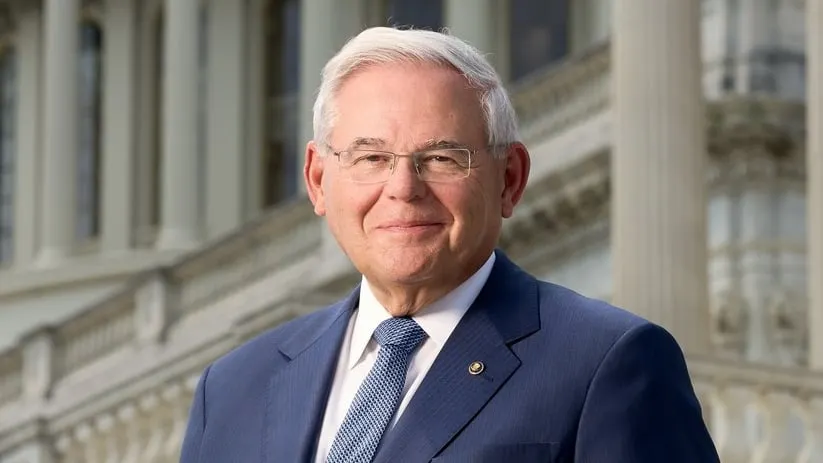U.S. Senator and Bitcoin skeptic Robert Menendez (D-N.J.) has been charged with bribery after allegedly accepting swaths of gold, cash, and mortgage payments as part of a “corrupt relationship” with three businessmen in his home state.
The charges follow years of criticism from the politician targeting cryptocurrencies, which he has accused of enabling a range of criminal activities while empowering foreign actors to evade U.S. sanctions.
“From at least 2018 up to and including in or about 2022, Menendez and his wife, Nadine Menendez, agreed to and did accept hundreds of thousands of dollars of bribes in exchange for using Menendez's power and influence,” read the Friday indictment.
Federal prosecutors allege Menendez helped enrich three businessmen—Wael Hana, Jose Uribe and Fred Daibes—while also benefiting the government of Egypt by providing “sensitive U.S. government information,” among other charges.
For example, prosecutors say Menendez used his influence to dismantle a criminal probe in New Jersey against Uribe, and to protect an Egyptian business monopoly granted to Hana by the Egyptian government that was partly responsible for paying Menendez’s bribes.
Menendez denied the allegations in a statement. “I remain focused on continuing this important work and will not be distracted by baseless allegations,” he said. All in all, the senator faces three federal charges: conspiracy to commit bribery, conspiracy to commit honest services fraud, and conspiracy to commit extortion under color of official right. If convicted, Menendez faces up to 20 years in prison.
According to the indictment, in June 2022, a search warrant against Menendez, his home, and a safe deposit box revealed some of the proceeds from the alleged bribes: over $500,000 in cash, a luxury vehicle, and over $100,000 in gold bars. Prosecutors are seeking the forfeiture of the seized assets.
Menendez’s use of more traditional instruments to allegedly hide ill-gotten gains presents a stark contrast to his historic outlook on Bitcoin. In 2017, the senator sent a letter to FinCEN stating that the “anonymous nature of Bitcoin transactions” makes it “an ideal choice for criminals.”
Menendez is well known in crypto circles for co-sponsoring the Accountability for Cryptocurrency in El Salvador (ACES) Act, which seeks to investigate how El Salvador’s adoption of Bitcoin as legal tender could create “risks for cybersecurity, economic stability, and democratic governance in El Salvador.”
Menendez was also among many politicians to sound the alarm on Facebook’s now-defunct stablecoin project, Libra, in July 2019. “Libra could be the Wild West of cryptocurrency where money launderers, criminals, and countries seeking to avoid U.S. sanctions could operate,” he said during a Senate hearing at the time.

